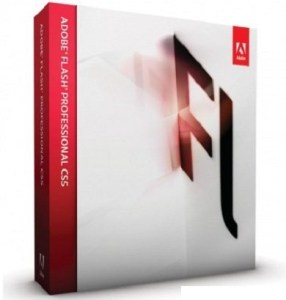 In response to Apple’s dramatic about-face yesterday on what tools programmers can use to develop iPhone apps, Adobe said it would resurrect its Flash-to-iPhone tool. Reversing its previously unpopular stance, Apple will no longer restrict programmers to a handful of languages when developing software for the iPhone, iPad, and iPod Touch.
In response to Apple’s dramatic about-face yesterday on what tools programmers can use to develop iPhone apps, Adobe said it would resurrect its Flash-to-iPhone tool. Reversing its previously unpopular stance, Apple will no longer restrict programmers to a handful of languages when developing software for the iPhone, iPad, and iPod Touch.
“This is great news for developers,” Adobe said.
A feature in the Flash Professional CS5 authoring tool, Packager for iPhone lets programmers port Flash applications so that they can run on any iOS device. Adobe put Packager on hold in April after Apple revised the developer program license agreement to name Objective C, C, C++, and JavaScript as the only permitted development languages. This effectively barred programmers from using cross-platform compilers, requiring them to rewrite existing applications from scratch to run on an Apple device. With cross-platform compilers, developers can write the application once – in Flash, for example, or JavaScript, – and then recompile for each new platform.
Adobe originally created Packager as part of its Flash authoring package as a workaround, because Apple doesn’t allow interpreters on the iOS platform.
The change was widely viewed as a direct attack on Adobe at the time. It didn’t help matters when some apps appeared on the App Store that were built using compilers from other companies. According to Adobe, applications built using Flash Packager were getting approved for the App Store on Thursday after Apple’s announcement.
Apple’s relaxing of developer rules may have been forced by the looming specter of anti-trust inquiries by FTC and Department of Justice. Adobe may have initiated the action.
The changes in developer rules also mean collecting user data from in-app advertising services such as Google’s AdMob is allowed again. However, this reversal has no effect on Apple’s ongoing refusal to run Flash applications directly on the iPhone. That war of words seems likely to continue.
Editors' Recommendations
- 3 cool things to try out with Apple’s Freeform app for Mac
- Apple spring 2020 announcements: iPhone 9, MacBook Pro, and more




